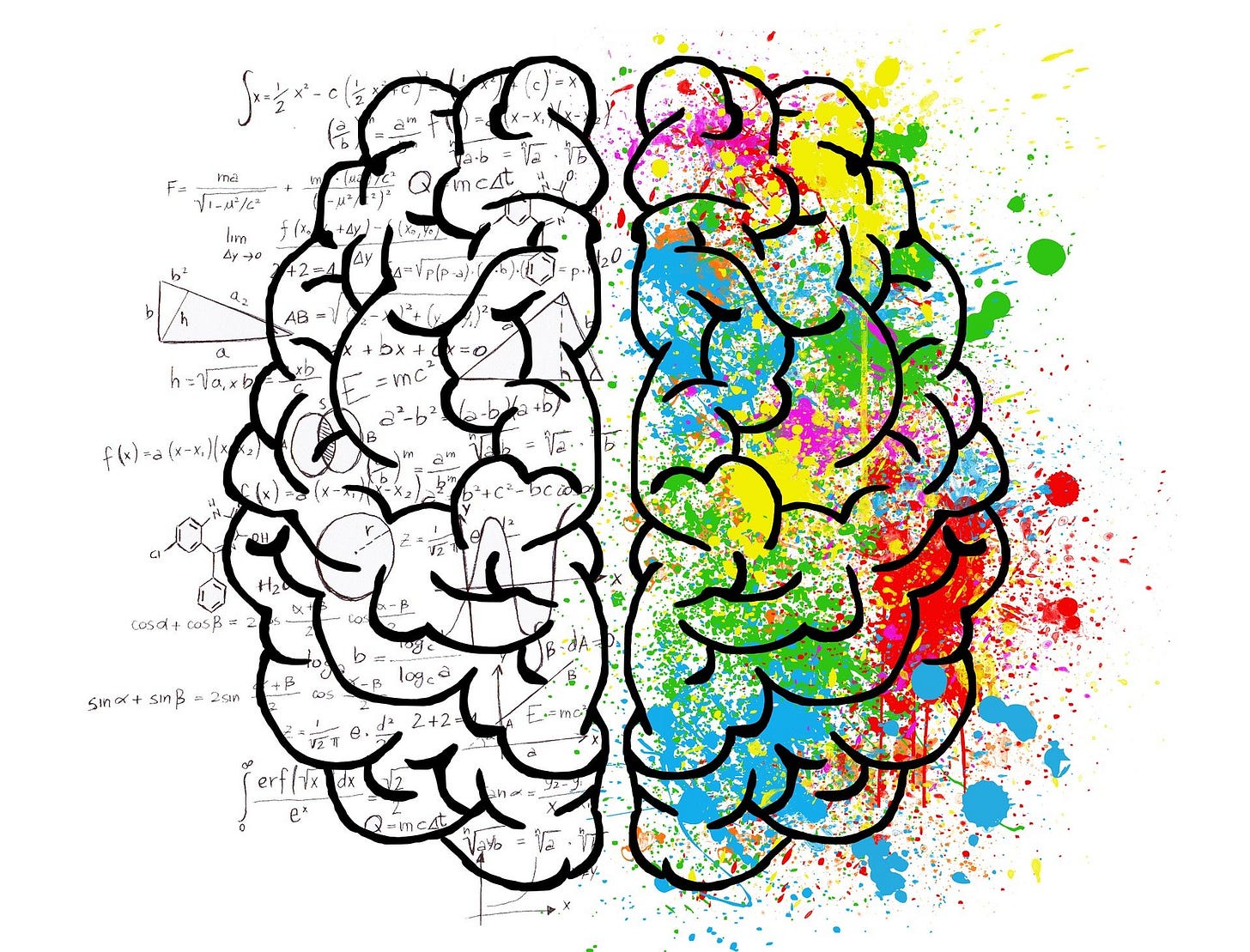What I’m reading…
This article, Poverty, Vulnerability, and the Safety Net, by the Urban Institute, provides a well-researched argument about the nature of poverty:
A focus on individual responsibility is rooted in the assumptions of the American dream, which promotes the idea that if someone works hard, follows social and moral rules, and takes personal responsibility, they will be financially successful. So, under this assumption, if they are struggling financially, they must have done something wrong or aren’t working hard enough. And too often, these expectations are seen through a racist lens, which perpetuates harmful stereotypes.
These ideas about who experiences poverty and why are flawed because they ignore the structural forces that contribute to poverty. Numerous interrelated systems and structures make it more difficult for some people to provide for their families. These structures drive disparities in access to transportation, education, child care, health care, high-quality jobs, and affordable housing near work, as well as in interaction with the justice system and mass incarceration.
This post, by Ian O’Byrne, addresses thinking about how to chunk content to help students manage information and identify logical patterns.
Chunking is the strategy of breaking up information into shorter, bite-sized pieces that are more manageable and easier to remember. In general, a chunk is a piece or part of something larger. In cognitive psychology, a chunk is an organizational piece or unit of our memory.
The Center for Transformative Teaching & Learning, St. Andrew’s Episcopal School, has a great collection of resources about applying cognitive science to education. They’ve helpfully organized the list into levels, from introductory overviews to books on specific subtopics, and include a list of Twitter users to follow.






